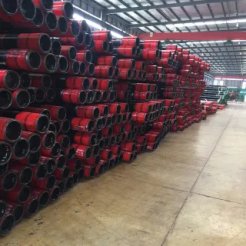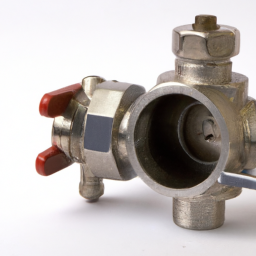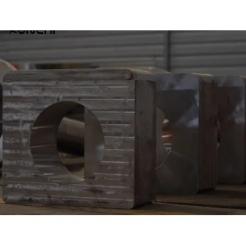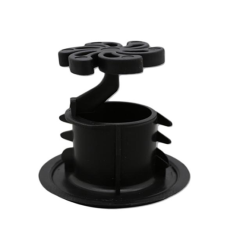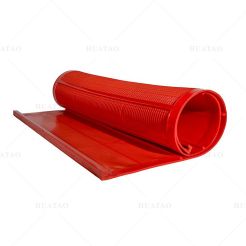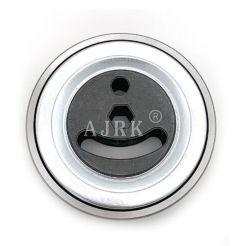difference between ductile and cast iron
Product Description: The Difference Between Ductile and Cast Iron.
Product Description
Goto HY to know more.
Product Description: The Difference Between Ductile and Cast Iron.
Subtitle: Understanding the Superiority for Your Industrial Needs.
Discover the unrivaled strength and durability of ductile and cast iron, as we unveil the key differences that will revolutionize your industrial applications. With their unique characteristics and exceptional benefits, these iron variants are poised to enhance your projects like never before.
Section 1: Superior Strength and Durability.
Ductile Iron: The strength of ductile iron is unmatched, combining the metallurgical properties of cast iron with an increased flexibility. Its exceptional tensile strength and ductility make it ideal for applications where robustness and resilience are essential.
Cast Iron: Conversely, cast iron boasts extraordinary compressive strength and rigidity. Recognized for its hardness and wear resistance, this variant is perfect for situations that demand stability under heavy loads or extreme conditions.
Section 2: Unyielding Versatility.
Ductile Iron: Renowned for its versatility, ductile iron demonstrates remarkable performance across diverse applications. Whether you require it for pipelines, automotive components, or machinery, this iron variant's flexibility allows for superior adaptability and ease of installation.
Cast Iron: Similarly, cast iron proves versatile in its own right, excelling in applications where a rigid material is indispensable. From manufacturing heavy machinery to constructing historical architectural elements, cast iron is the ultimate choice for robust, unyielding performance.
Section 3: Corrosion Resistance at Its Finest.
Ductile Iron: Embracing reliability in the face of corrosion, ductile iron raises the bar by employing various corrosion-resistant techniques during production. Its innovative composition ensures unparalleled durability even in corrosive environments, providing you with peace of mind and extended product lifespan.
Cast Iron: While cast iron may be susceptible to corrosion, advancements in protective coatings have minimized its impact. With proper maintenance and precautions, cast iron maintains its structural integrity, making it a reliable choice for applications requiring a fusion of strength and aesthetic appeal.
Section 4: Uncompromising Cost Efficiency.
Ductile Iron: Opting for ductile iron offers long-term cost savings thanks to its exceptional durability and longevity. With reduced maintenance requirements and prolonged service life, you can confidently invest in this iron variant, knowing that it will deliver exceptional performance while eliminating the need for frequent replacements.
Cast Iron: Similarly, cast iron presents an economically viable solution, as its superior strength and stability effectively handle heavy loads, minimizing the risk of premature failure. By ensuring long-lasting performance, cast iron optimizes your productivity and reduces downtime, translating into significant cost savings over time.
Conclusion:
Experience the profound difference between ductile and cast iron, and unlock unparalleled strength, versatility, corrosion resistance, and cost efficiency for your industrial ventures. With their unique features and benefits, these iron variants will uplift your projects and provide reliable support for years to come. Choose the iron that aligns with your specific requirements, and witness the transformative power they bring to your industrial landscape.
Please visit our website for more information on this topic.
For more hvac non rising stem cast ironinformation, please contact us. We will provide professional answers.


